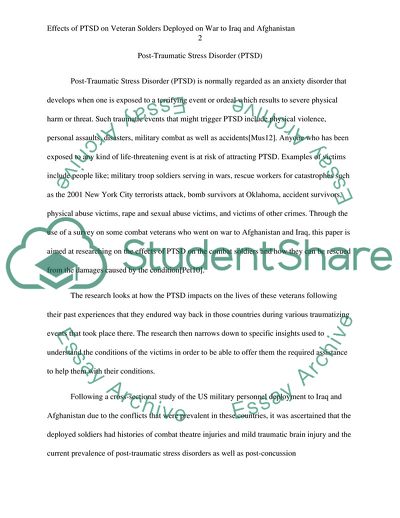Cite this document
(Post-Traumatic Stress Disorder Coursework Example | Topics and Well Written Essays - 1750 words, n.d.)
Post-Traumatic Stress Disorder Coursework Example | Topics and Well Written Essays - 1750 words. https://studentshare.org/psychology/1830295-ptsd
Post-Traumatic Stress Disorder Coursework Example | Topics and Well Written Essays - 1750 words. https://studentshare.org/psychology/1830295-ptsd
(Post-Traumatic Stress Disorder Coursework Example | Topics and Well Written Essays - 1750 Words)
Post-Traumatic Stress Disorder Coursework Example | Topics and Well Written Essays - 1750 Words. https://studentshare.org/psychology/1830295-ptsd.
Post-Traumatic Stress Disorder Coursework Example | Topics and Well Written Essays - 1750 Words. https://studentshare.org/psychology/1830295-ptsd.
“Post-Traumatic Stress Disorder Coursework Example | Topics and Well Written Essays - 1750 Words”. https://studentshare.org/psychology/1830295-ptsd.


